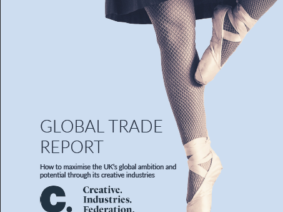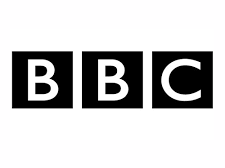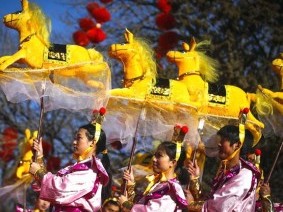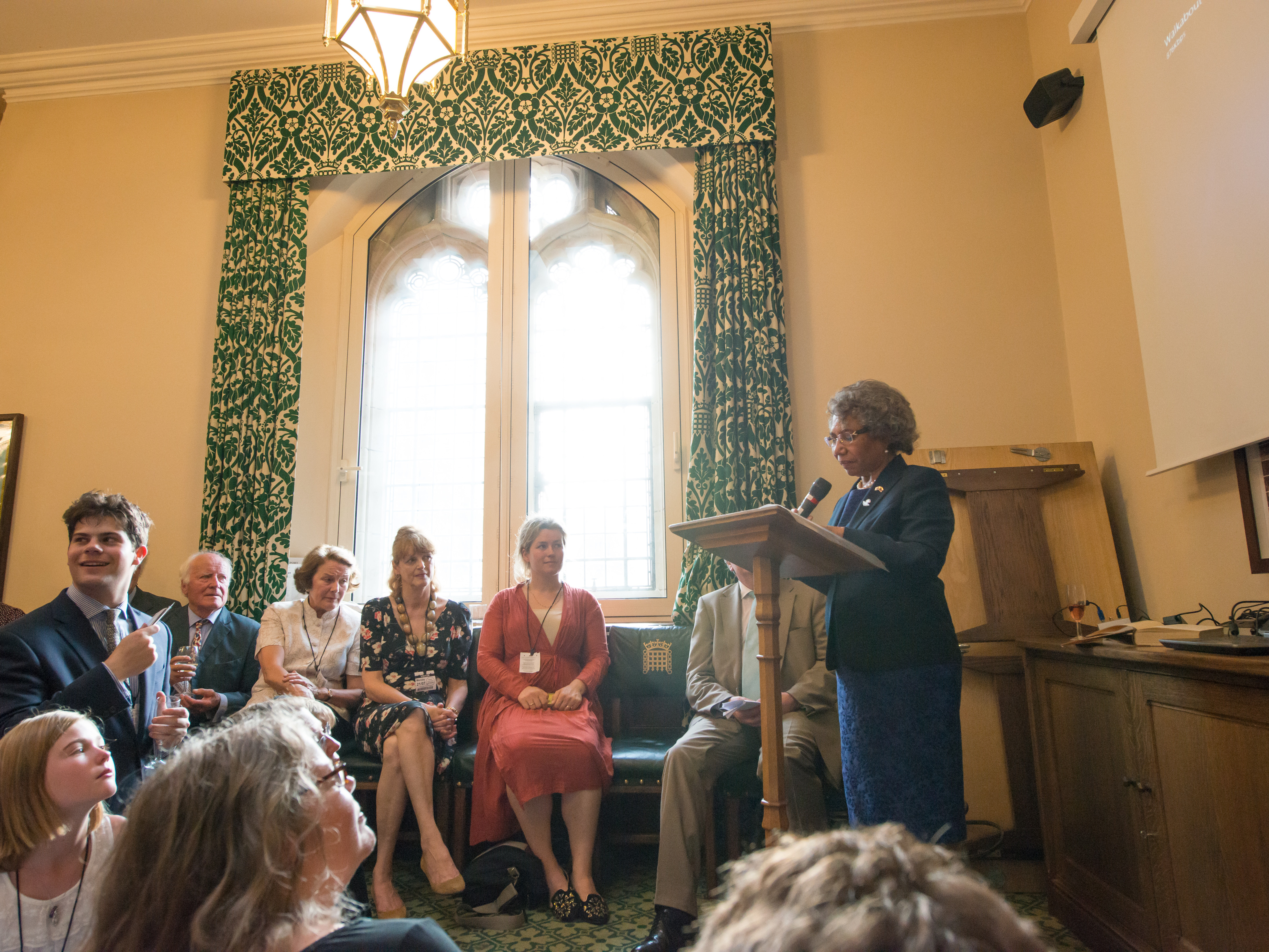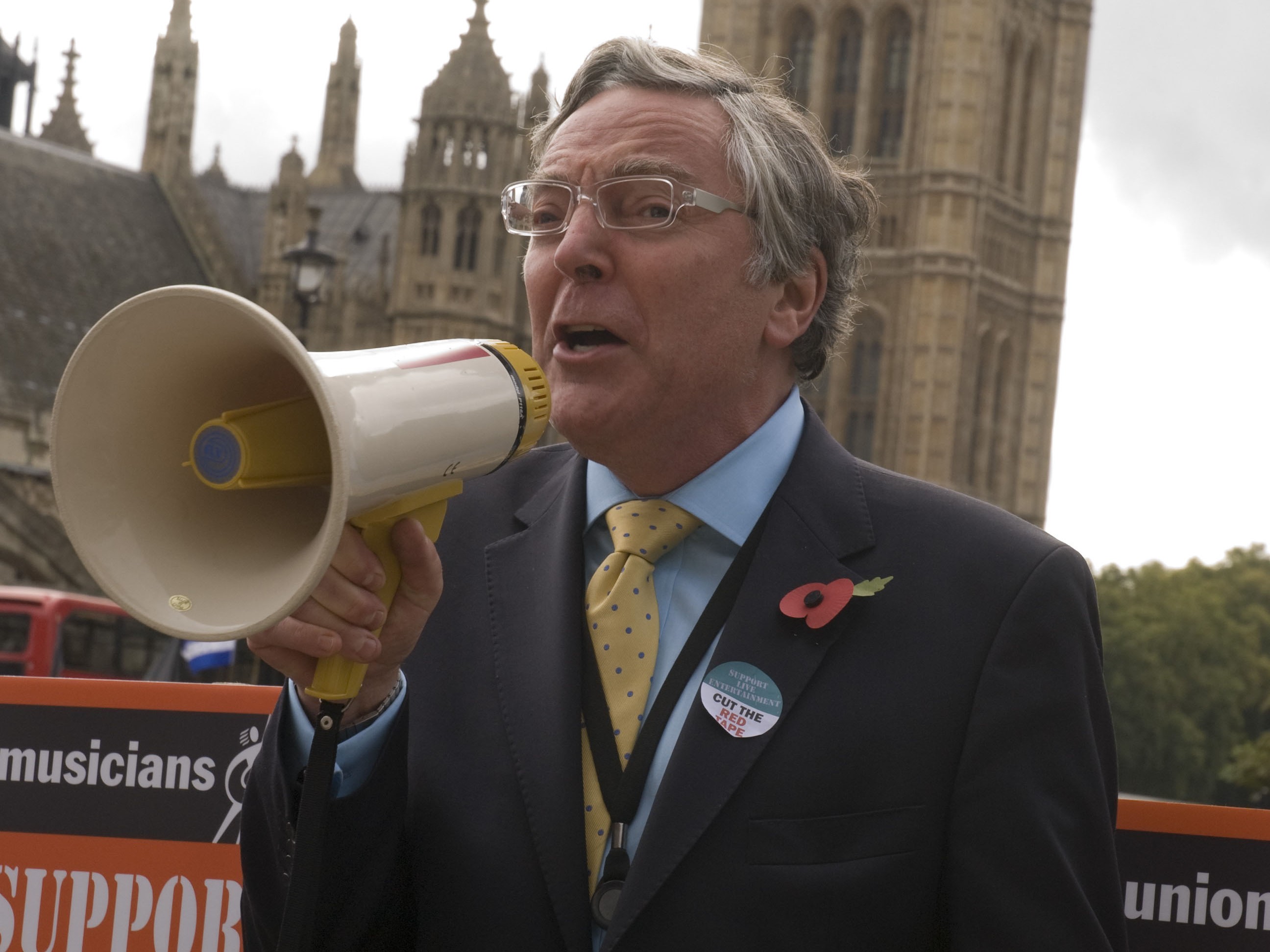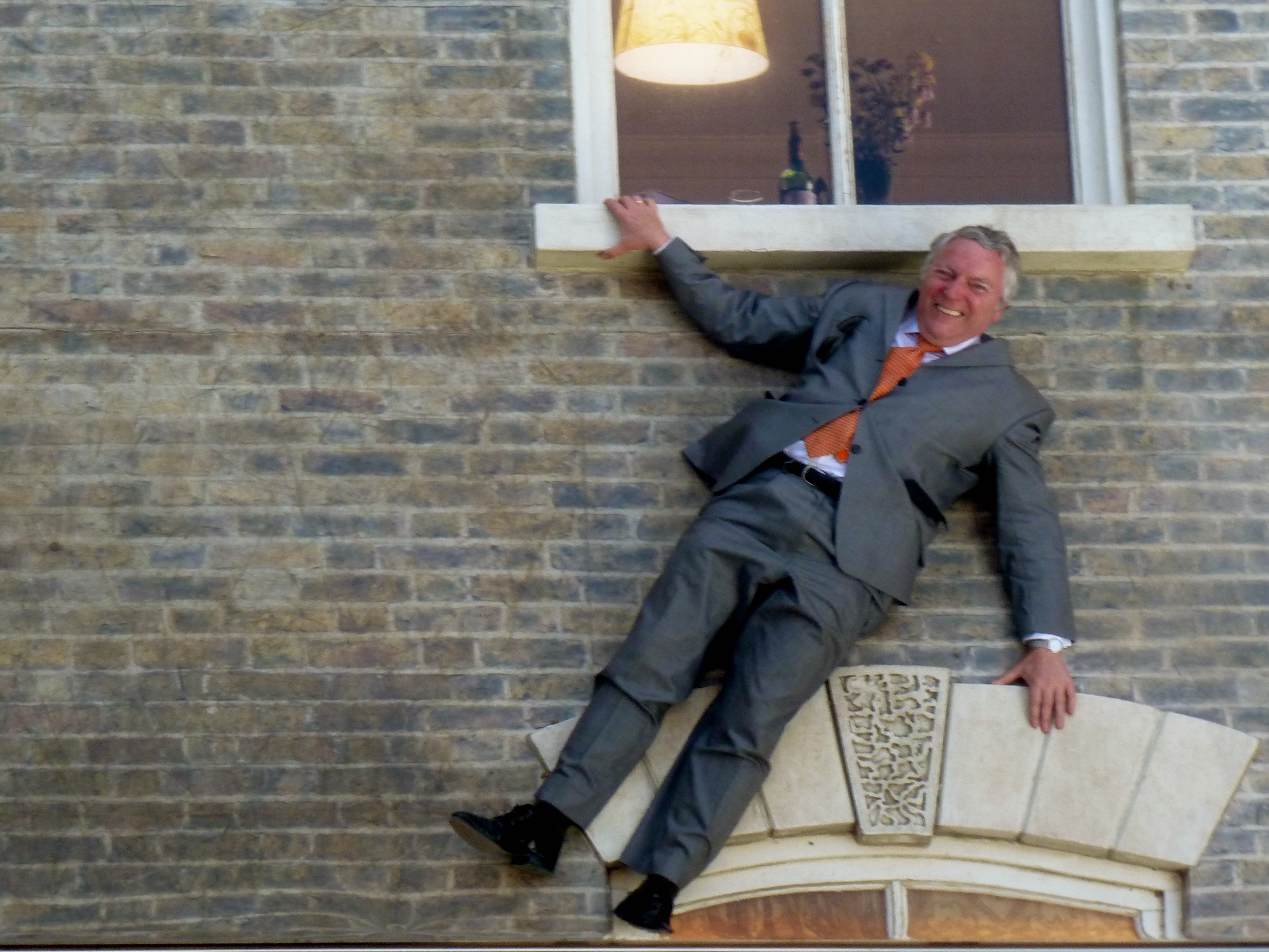I recently attended a major conference on the Rule of Law in Istanbul alongside a number of other senior British Parliamentarians and representatives and a very broad cross section of NGO’s, judges and others concerned with human and civil rights from a wide variety of jurisdictions. The Rule of Law and Freedom of Expression are crucial issues in Turkey today and are under threat. Here is what I said.
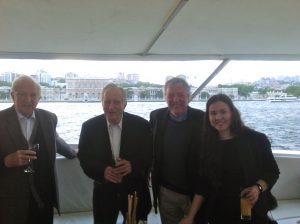
Media and Internet in a Democratic State
Freedom of the media is a vital pillar of the rule of law and its protection is related strongly to the independence of the judiciary as we heard this morning. It is also a very topical subject on which to end this superb symposium and very closely related to the health of democracies both old and new.
The 20th century philosopher Alexander Meiklejohn put it well when he that stated democracy cannot not be true to its essential ideal if those in power are able to manipulate the electorate by withholding information and stifling criticism.
Today’s panel session is very timely. Back in 1993 May 3rd was designated by UNESCO as World Press Freedom day.
It is a day to celebrate the fundamental principles of press freedom; to evaluate press freedom around the world, to defend the media from attacks on their independence and to pay tribute to journalists who have lost their lives in the exercise of their profession.
In this month of May in particular therefore we should remember that it is often journalists who pay the price for protecting freedom of expression
In the words of the former SundayTimes editor Harold Evans “The price of truth has gone up grievously,” commenting on the terrible annual roll call of journalists who die whilst carrying out their profession.
At the beginning of every year, the International Federation of Journalists (IFJ) publishes a report on the journalists killed in this previous year. 105 journalists and news media personnel were killed during 2013.
In that context we should remember Hrant Dink the editor of Agos who was killed in Istanbul 7 years ago.
Although there are some broad principles enunciated in Article 19 of the International Covenant on Civil and Political Rights( ICCPR) article 10 of the ECHR and the American First Amendment, in my own country Britain much of the development of traditional freedoms are judge made and depend on the decisions of the courts made at different times in response to different events.
It has often taken stubborn and courageous individuals to taken action to defend these principles and to have secured freedom of speech and of the press.
John Milton the famous poet, author of Paradise Lost and religious puritan, in Areopagitica, a famous defence of free speech and against the licensing of publication and censorship and was published in 1644 without a license, made an impassioned plea for freedom of expression stating:
“Give me the liberty to know, to utter, and to argue freely according to conscience, above all liberties.”
In my former political party the Liberal Party, the predecessor to the Liberal Democrats, a copy of Areopagitica was ceremonially handed to each incoming President to remind us all of the importance of free speech.
Milton was however unsuccessful in persuading Oliver Cromwell’s government to abolish licensing and censorship.
Some say in fact that our current freedoms in Britain arose by accident when the Licensing of the Press Act 1662, which was time limited to two years, was by an oversight not renewed by Parliament in 1679.
This led temporarily to what has been called “an explosion of news print”.
The Act was in fact renewed a few years later but the benefits of a free press had clearly been shown and in 1695 the Licensing Act was repealed- the last time as our media have recently been reminding us-Britain had statutory regulation of the press.
It was to transform Britain into a nation of news lovers and the liberty of the press rapidly became a cornerstone of British democracy.
As if to remind us in the British Parliament of the importance of the freedom of the press there is currently an exhibition taking place in Parliament featuring portraits and caricatures of one of the most famous defenders of press freedom in Britain, John Wilkes.
John Wilkes was a member of the British parliament who turned to journalism. In 1762 he launched a newspaper, the ‘North Briton’, aimed at countering the policy of the government headed by the Scottish Earl of Bute to make peace with France.
Through his writing he successfully forced The Prime Minister’s resignation but he went too far and criticized the Monarch, King George III directly. The result was the issuing of a warrant seeking his arrest for the publication of what was called a seditious libel.
Wilkes successfully claimed privilege as an MP to secure his release but soon was expelled from the House of Commons and was forced to go into exile, remaining abroad for the next five years.
During this period he once again faced charges for seditious libel; he was sentenced to 22 months in prison. But by this time he was a national celebrity. He successfully re-entered politics even becoming Lord Mayor of the city of London !
Yet whilst we can celebrate the historic breakthroughs of the past very few countries including the UK nowadays are immune from criticism.
The annual index of media freedom, Freedom of Press, is published by the US-based Freedom House, an NGO established in 1941 that has been ranking countries worldwide since 1980 in relation to democracy, human rights and press freedom
Britain in the 2014 index has slipped down their global rankings as a result of the UK government’s actions in relation to the Guardian newspaper over its reporting of whistleblower Edward Snowden’s surveillance disclosures, with threats of legal action, the destruction of computer hard drives and the nine-hour detention of David Miranda, the partner of journalist Glenn Greenwald, at Heathrow en route from Berlin to his home in Rio de Janeiro.
Generally however Freedom House say that said press freedom worldwide has fallen to its lowest level for over a decade. It partly blames regressive steps in countries such as Egypt, Libya, Jordan, Turkey and Ukraine, as well as the actions taken against journalists reporting on national security issues in both the US and UK.
Sadly a large essaywritingstar.com change occurred in Turkey’s ranking, whose classification has moved from Partly Free to Not Free. This reinforces the Pen International Report on restrictions on freedom of expression following the Gezi Park protests.
It seems that constitutional guarantees of freedom of the press and expression are only partially upheld in practice, undermined by restrictive provisions in the criminal code and the Anti-Terrorism Act.
According to the committee to Protect Journalists Turkey remains the world’s leading jailer of journalists in 2013, with 40 behind bars as of December 1,
The fall in the rankings was of course before the recent blocking of YouTube and Twitter, the law increasing the powers of the National Intelligence Agency- the MIT law- and new internet censorship measures.
According to Reporters Without Borders, more than a third of the world’s people live in countries where there is no press freedom. These are countries where there is no system of democracy or where there are serious deficiencies in the democratic process.
A free press is a real problem a for most non-democratic systems of government since, in the modern age, strict control of access to information is critical to the existence of most non-democratic governments and their associated control systems and security apparatus.
Turkey IS a democracy but brave contemporary Turkish newspaper editors and journalists such Ahmet Şıkhave (who has won the 2014 UNESCO Guillermo Cano World Press Freedom Prize) have had to play an important role in protecting the principles of press freedom.
It may appear that there is a press freedom gold standard in some countries but the truth is that even in mature democracies there is a constant struggle between different actors in public life, between the media and politicians and officials and business too, who often may wish for commercial and reputational reasons to conceal their activities. All this means that inevitably there is an element of subjectivity in what is accepted as necessary freedom of expression at any one time.
John Locke the famous late 17th Century British philosopher expressed the principle of valid limitations to free speech when he made the distinction between the concepts Liberty on the one hand and Licence on the other, essentially the abuse of liberty to harm others.
John Stuart Mill the influential 19th British philosopher in “On Liberty” published in 1859 also acknowledged the need for limits on free speech in certain circumstances.
But for Mill, the only instance in which speech can be justifiably suppressed is in order to prevent harm from a clear and direct threat. Neither economic or moral implications, nor the speakers own well-being would justify suppression of free speech.
As he said.
“the only purpose for which power can be rightfully exercised over any member of a civilised community, against his will, is to prevent harm to others.”
More pithy was US Judge Oliver Wendell Holmes who made the memorable observation that freedom of speech should not include the freedom to shout ‘Fire!’ in a crowded theatre.
Of course nowadays we have much stronger regard for certain rights such as the right of privacy, and governments assert national security when they can so there is a continuous debate about what limits can legitimately be placed on freedom of expression which go beyond those stated by Mill.
Article 19 of the ICCPR for example states that
“everyone shall have the right to hold opinions without interference” and “everyone shall have the right to freedom of expression; this right shall include freedom to seek, receive and impart information and ideas of all kinds, regardless of frontiers, either orally, in writing or in print, in the form of art, or through any other media of his choice”.
But it goes on to say that the exercise of these rights carries “special duties and responsibilities” and may “therefore be subject to certain restrictions” when necessary “for respect of the rights or reputation of others” or “for the protection of national security or of public order (order public), or of public health or morals”.
Views of the proper extent of these restrictions differ between governments, people, parties and institutions.
Most recently in theUK there has been vigorous debate over the whole question of publishing sensitive national security information in the Edward Snowdon case.
Snowden, who worked for both the CIA and the NSA, leaked tens of thousands of secret documents to the Guardian and the Washington Post. Indeed his revelations about the scope of surveillance sparked a worldwide debate about the balance between national security and privacy
For some governments the leaks we’re seen as putting lives at risk or potentially seriously damaging their ability to monitor terrorists.
For a newspaper such as the Guardian or campaigners like Julian Assange whose WikiLeaks whistleblower website published a large set of classified documents leaked by Private Bradley Manning, however, this was justified on public interest grounds as exposing state sponsored misbehaviour or worse.
We need to acknowledge of course the need to be vigilant not just about government repression of the media but the other sides of the coin, press standards.
The tabloid media in the UK has recently had to look at itself in the mirror and tighten up its standards and complaints procedures considerably since the so called “phone hacking scandal” where former News of the World journalists have been charged and in some cases convicted of intercepting private phone messages and the ensuing public enquiry by The distinguished Judge, Sir Brian Leveson Leveson into the culture, practices and ethics of the British press.
In a culture where any form of government regulation has been fiercely resisted for three hundred years even his limited proposals for regulation have however been strongly resisted by many in the media.
There are other aspects necessary for a free press too. The House of Lords Communications Committee on which I sit has in the past two years carried our Reports on the Future of Investigative Journalism and on Media Plurality.
The health of investigative journalism is vital to a strong democracy.
But is threatened by the economics of the digital age where newspaper have less resources to investigate and where definitions of what forms of journalistic behaviour is in the public interest are sometimes not clear and can lead to prosecution.
Media plurality is also vital for democratic life. We need to have a proper diversity of opinion across the political spectrum.
There need to be regulatory mechanisms to ensure that this mix of opinion is preserved. This is not the same as regulating content however or ensuring that there is competition in the media although economic concentration can sometimes lead to the same outcome.
The internet of course has brought new challenges and arguments about the proper boundary between liberty and licence. Most citizens would agree with the need to protect children from abusive and pornographic online content and the banning of racist material.
How far can libel laws be invoked to gag criticism? Should the rules applicable to the internet be different from those offline? Does the online blogger have the same responsibilities to prevent harm?
The debate whether the internet is somehow special still continues but all democratic countries are agreed on condemning internet censorship except for very specific reasons of the kind I have mentioned above. Indeed in the US the U.S. Supreme Court Reno v. ACLU in 1996 established the boundaries of permissible interference very clearly. But it cannot and should not in my view be a lawless zone where anything goes.
So to conclude there is no absolute equilibrium in the protection for freedom of expression. Legislation over matters such as libel, privacy or national security may change over the years.
The hall mark of autocratic societies is lack of a free media. Strong democracies however depend on a broad consensus of what the core rights of expression are. There may be arguments at the margin especially in the face of new media and new threats but we all have a responsibility for ensuring that in democratic countries in particular the core principles are well understand and we ensure they are vigorously defended.
18th July 2015
Lord C-J debates the future of the BBC
1st December 2014
Happy New Year of the Horse!
28th July 2014
Celebrating the Moyne/Broughton Expeditions of 1934-36
25th December 2013
Queen’s Speech Shows the Coalition has not run out of steam
24th December 2013

